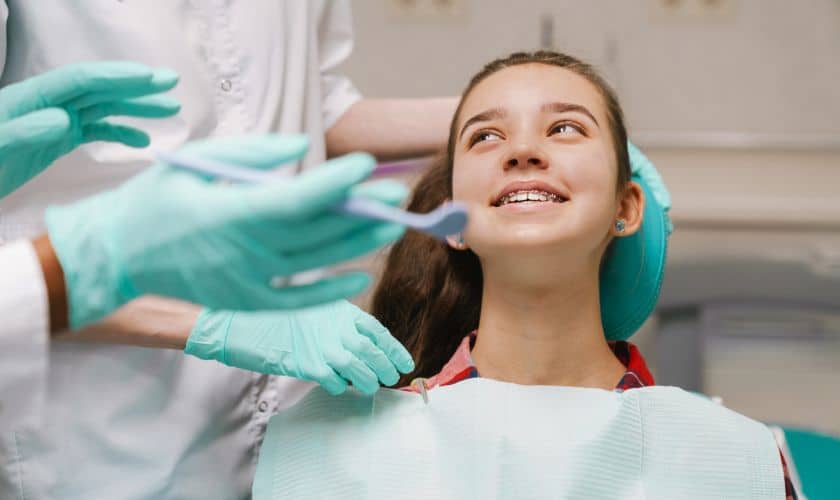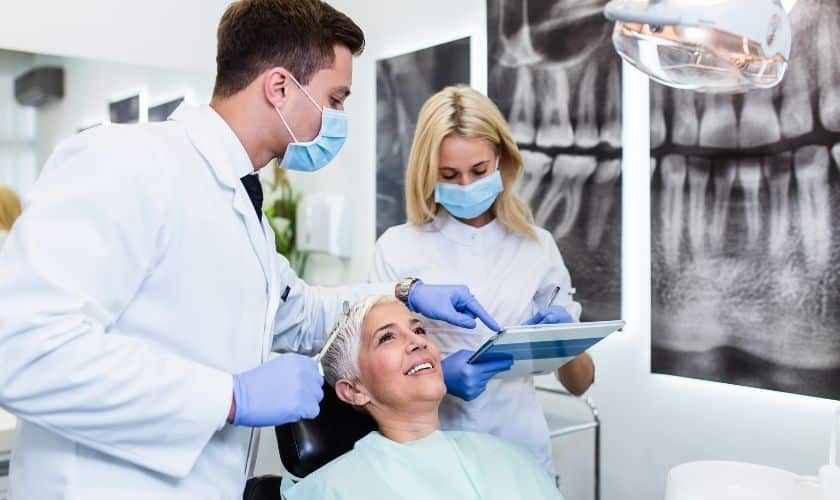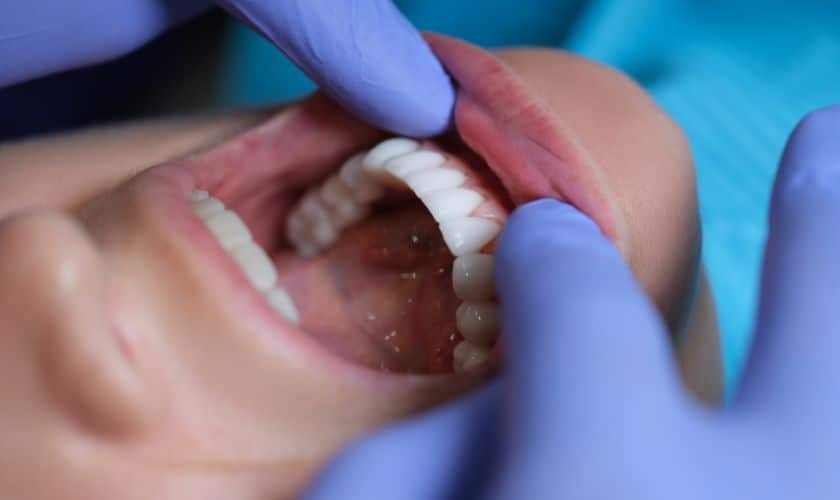If you couldn’t chew properly, then you would not be able to process and digest your food properly, which could lead to malnutrition and a host of other health problems. Still, food processing isn’t the only reason why your chewing ability is important. Not only does the stimulation in your teeth’s roots help maintain the strength and integrity of your oral structures—the ability to chew has also been linked to cognitive ability. Therefore, preserving your healthy smile and chewing ability is important for more than just your oral health, but also for your overall quality of life.
Keeping Your Jawbone Healthy
The roots of your teeth are embedded in your jawbone, held securely in sockets. When you bite and chew, the activity stimulates blood flow through your jawbone, allowing it to receive the nutrients it needs for itself and for your teeth. When you lose one or more teeth, your jawbone loses a small portion of this stimulation, and as a result, your jaw will receive fewer nutrients. Replacing lost teeth with an appropriate number of dental implants can restore this stimulation and help prevent jawbone deterioration, thereby helping you better retain the healthy, natural teeth that remain.
Maintaining Your Cognitive Ability
According to several studies, the ability for seniors to chew solid foods can be linked to their risks of declining cognitive ability and developing dementia. Much the way chewing stimulates blood through the jawbone, experts believe the same is true for blood flow to the brain. If your chewing ability suffers due to missing teeth and you don’t replace them, then years of decreased chewing ability could increase your chances of suffering from cognitive decline in your later years.
ABOUT YOUR SOUTHLAKE DENTISTS:
As a native Texan, Gregory Wright, DDS, opened his private practice in Southlake, TX in 1992. He and Dr. Victoria Heron are happily accepting new patients from Southlake, Grapevine, Keller, Trophy Club, Colleyville, and all surrounding communities. To learn more, call our office today at (817) 481-7999.





